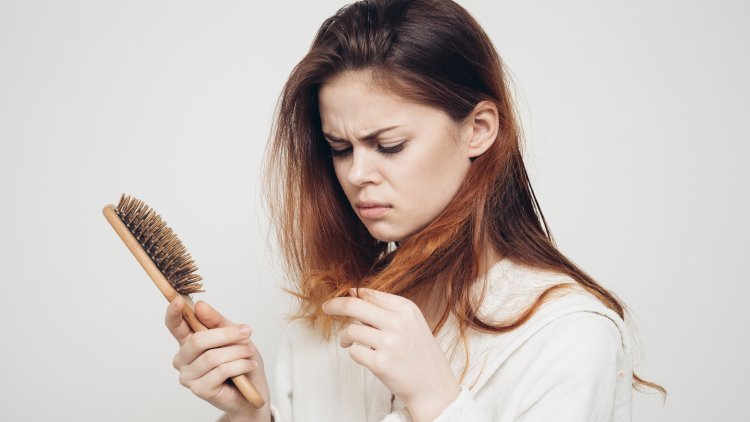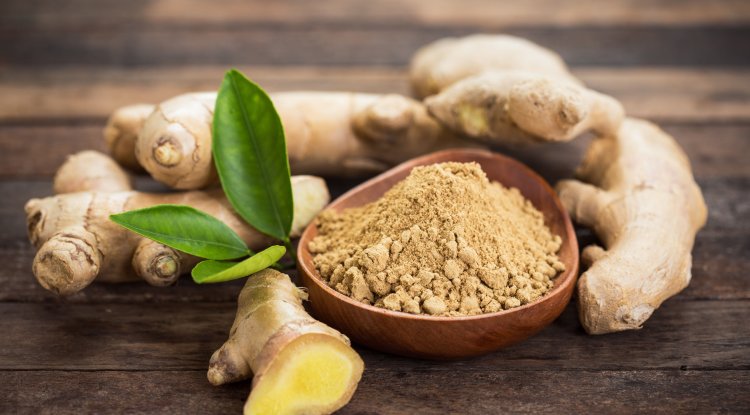How vitamins can help hair loss
Have you noticed that your hair has been falling out too much lately? It is possible that you are missing this vitamin in your body.

The stressful moment when you see a pile of hair in the bathroom drain probably made you wonder - what has been causing your hair loss lately? Could it be your lifestyle? Are you using too aggressive styling methods (or extreme temperatures)? You may not have thought that the reason could be a lack of vitamins and not just any B vitamin. From B1 to B12, each of these vitamins has a function that makes us feel better, more energetic, and above all healthier, but when it comes to hair the most important are B2 (riboflavin), B7 (biotin), B9 (folic acid) and B12 (cobalamin).
View this post on Instagram
B2
A water-soluble vitamin called riboflavin or vitamin B2 is one of the eight B vitamins our body needs to stay healthy. B2 deficiency can lead to dry skin, hair loss, blisters on the lips, and more. Milk, eggs, and dairy products such as yogurt and cheese are excellent sources of vitamin B2, as are leafy green vegetables, avocados, broccoli, and asparagus. Foods rich in this vitamin are also whole grains, nuts, legumes, mushrooms, animal organs (liver, kidneys, and heart), and fish.
B7
Vitamin B7 or biotin is good for both skin and hair. Taking biotin can help make your nails stronger, but it can also lower your blood sugar if you are diabetic. Biotin deficiency is rare because it is found in many foods. When that happens, it's usually hereditary. In addition, antibiotics, smoking, and certain acne medications are often associated with biotin deficiency. You can find biotin in cheese, rice, egg yolk, meat, vegetables, and of course, in supplements.
B9
Folic acid protects the skin from environmental influences, slows down the aging process, and helps hair growth, even in the most severe cases. Good sources of vitamin B9 are legumes, spinach, brussels sprouts, and brewer's yeast.
B12
Vitamin B12 is the key to hair growth. It stimulates hair growth by participating in the production of red blood cells that feed the hair follicles, and its lack can lead to anemia, which is directly related to hair loss. In addition, vitamin B12 plays an important role in cell division, and thus in the division of hair follicle cells. As the human body does not produce vitamin B12, it needs to be taken in through diet or supplementation. This vitamin can be found in foods of animal origin such as fish, chicken and other meats, dairy products, and eggs.
Post by: Rinna James




























